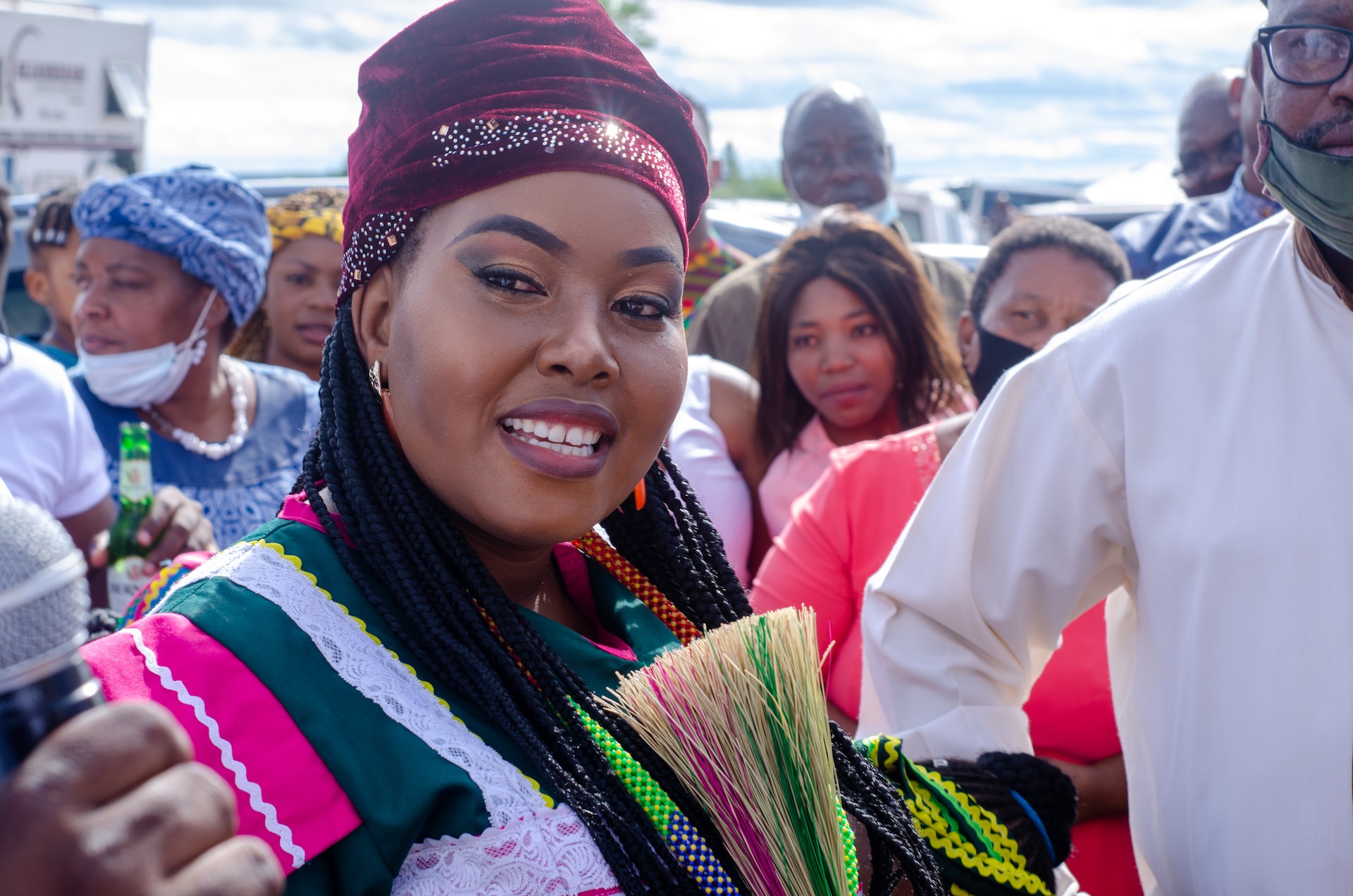South Africa will soon begin production of the groundbreaking HIV-prevention drug, long-acting cabotegravir (CAB-LA), finally making the life-saving treatment affordable within the African continent. The treatment, which must be injected every two months, almost entirely eliminates the risk of becoming infected by HIV through sex. This development is expected to help millions of people at risk within Africa.
Following a collaborative agreement between the developers of CAB-LA, ViiV Healthcare, and the United Nations-backed Medicine Patent Pool (MPP), an HIV-preventative will be produced in South Africa for the first time. This has great implications for Africa as a whole, with an affordable solution to a problem that has long been a source of pain for the continent.
A patent-free, highly effective HIV-prevention drug
A branded version does exist, and in the USA just one injection costs $3,500. But thanks to this new agreement which was announced in March 2023, a generic version of the drug can finally be produced. A generic drug is a pharmaceutical drug that contains the same chemical substance as a drug that was originally protected by chemical patents. This is important as it drastically cuts the cost involved for governments looking to obtain the treatment for their populations. While there are already free of cost HIV-prevention drugs available across much of Africa, they must be taken daily and are not as effective as the long-lasting cabotegravir injection, which must only be taken every two months. The drug almost entirely eliminates the risk of becoming infected by HIV through sex.
It is rare for medicine to be produced within Africa, despite certain drugs such as HIV-preventatives being in higher demand there than anywhere else. In fact, only 38 countries across the world have any drug manufacturers, and even less than that actually develop new drugs. The new availability of this highly effective drug is expected to help millions of Africans who are currently at risk of HIV infection.
Cooperation on producing generic drugs saves lives
The company which will produce the drug, an Indian group called Cipla, received permission to do so back in March through an agreement between its developers and the United Nations-supported MPP. The MPP state that:
“Our mission is to increase access to, and facilitate the development of, life-saving medicines for LMICs. We do this through an innovative approach to voluntary licensing and patent pooling.”
To achieve this goal, they work hand in hand with civil society, international organisations, industry, patient groups and governments. Between 2012 and 2021, through partnerships with 18 patent holders and 56 generic manufacturers, they provided 26.91 billion doses of treatment, saving at least 18,000 lives.
The work of groups such as the MPP is essential to ensuring that low-income nations can give essential and life-saving care to their populations. Often, people in need are left to suffer and potentially die because they do not have access to specialist medicines. The developers of the medicines themselves are usually guilty of financial gatekeeping, driving for profit as opposed to producing medicine for the common good.
Securing HIV-prevention drug is a big victory, but the fight continues
The gatekeeping of essential and lifesaving drugs by pharmaceutical companies has long been a problem. This problem really came to attention during the COVID pandemic, when rich nations were able to buy up billions of doses of the vaccine – more than they needed – while low-income nations were left to suffer.
Allowing Cipla to produce the vital drug in South Africa is a big first step, but there is still a lot more that could be achieved through further cooperation with drug producers. Firstly, allowing more companies to produce the same drug will improve availability and help to negate future shortages, as long as the companies which receive access to the knowledge are ready to produce in the quantities required. In addition to this, increased competition means lower prices. The US based Food and Drug Administration showed in one report that products with six or more generic producers were on average 95% cheaper than when only a single branded option was available.
Regardless of the imperfect situation, the ability to produce a generic version of CAB-LA in South Africa will save countless lives and is a victory in the ongoing struggle to make lifesaving drugs available to all in need.


